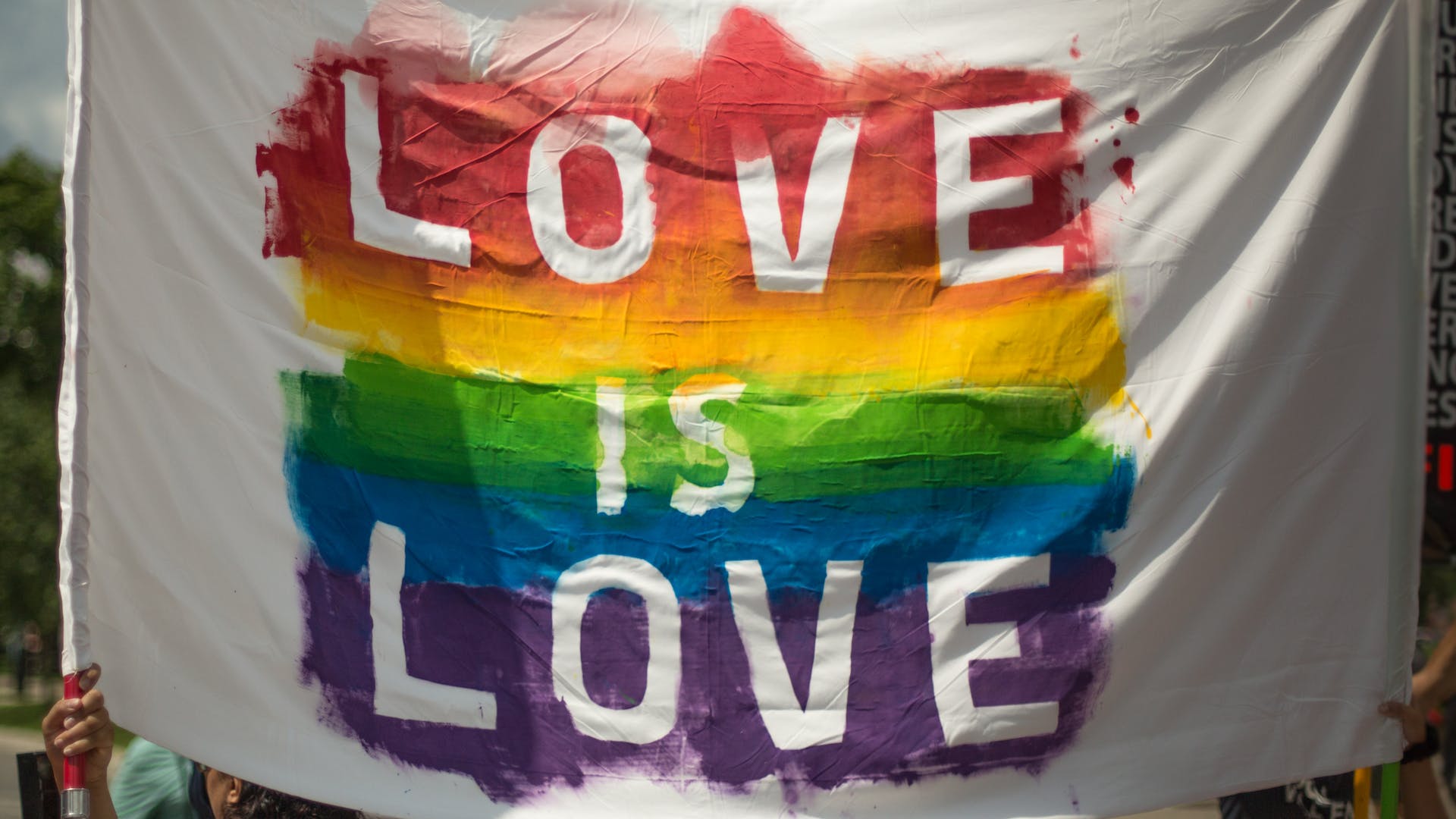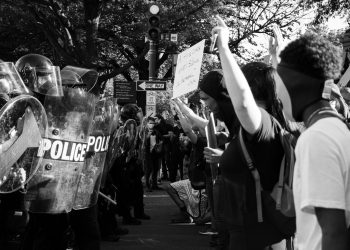Bel Priestley, a 20-year-old transgender actress and social media influencer, has emerged as a powerful voice and role model for the transgender community. With her breakthrough role in the Netflix series “Heartstopper,” Priestley has captivated audiences and inspired many with her story of resilience and self-acceptance.
Early Life and Struggles
Growing up in a small town near Milton Keynes, Bel, assigned male at birth, faced confusion and bullying due to her feminine nature. Unaware of what it meant to be transgender, she navigated a challenging childhood marked by a lack of representation and understanding. At age 13, after discovering the concept of being transgender on Instagram, Bel’s life took a transformative turn as she embraced her true identity.
Overcoming Adversity
Bel’s journey was fraught with obstacles, from bullying at school to struggles with acceptance at home. Despite these challenges, she found solace in makeup and performing, channels that allowed her to express her true self. Her initial coming out as gay at 12 and later as transgender at 13 marked significant milestones in her life.
Social Media Presence and Impact
Bel’s candid sharing of her experiences on social media platforms like TikTok resonated with many, earning her over 1.3 million followers. Her openness about her transition and life as a transgender individual has provided visibility and hope to others facing similar struggles.
Breakthrough in Acting
Her social media success led to an opportunity to star as Naomi in “Heartstopper,” a show celebrated for its diverse casting and inclusive storylines. This role not only propelled her career but also solidified her status as a trailblazer in the entertainment industry.

Family Dynamics and Support
The journey with her family, particularly her father, evolved from initial misunderstandings to a strong bond of acceptance and support. This shift played a crucial role in Bel’s journey towards self-acceptance and advocacy.
A Voice for the Transgender Community
Priestley’s experiences have positioned her as a beacon of hope and inspiration for transgender youth. Her aspirations to take on impactful roles in the entertainment industry, like a Disney princess or a Bond girl, reflect her desire to challenge norms and create more inclusive representation.
The Future and Her Role as a Mentor
Looking forward, Bel Priestley is determined to continue breaking barriers and being a vocal advocate for transgender rights. She aspires to be the role model she never had, providing guidance and inspiration to the younger transgender generation.
Bel’s story is not just one of personal triumph but also a testament to the power of representation and the importance of embracing one’s true self. Her journey from a bullied child in a small town to a celebrated actress and influencer is a source of motivation and hope for many in the transgender community and beyond.
©unitedradiance.org



















